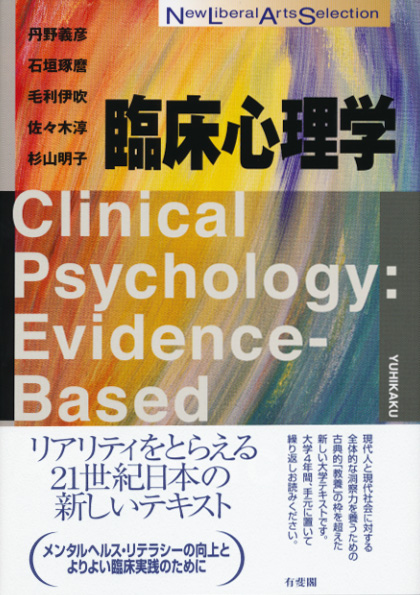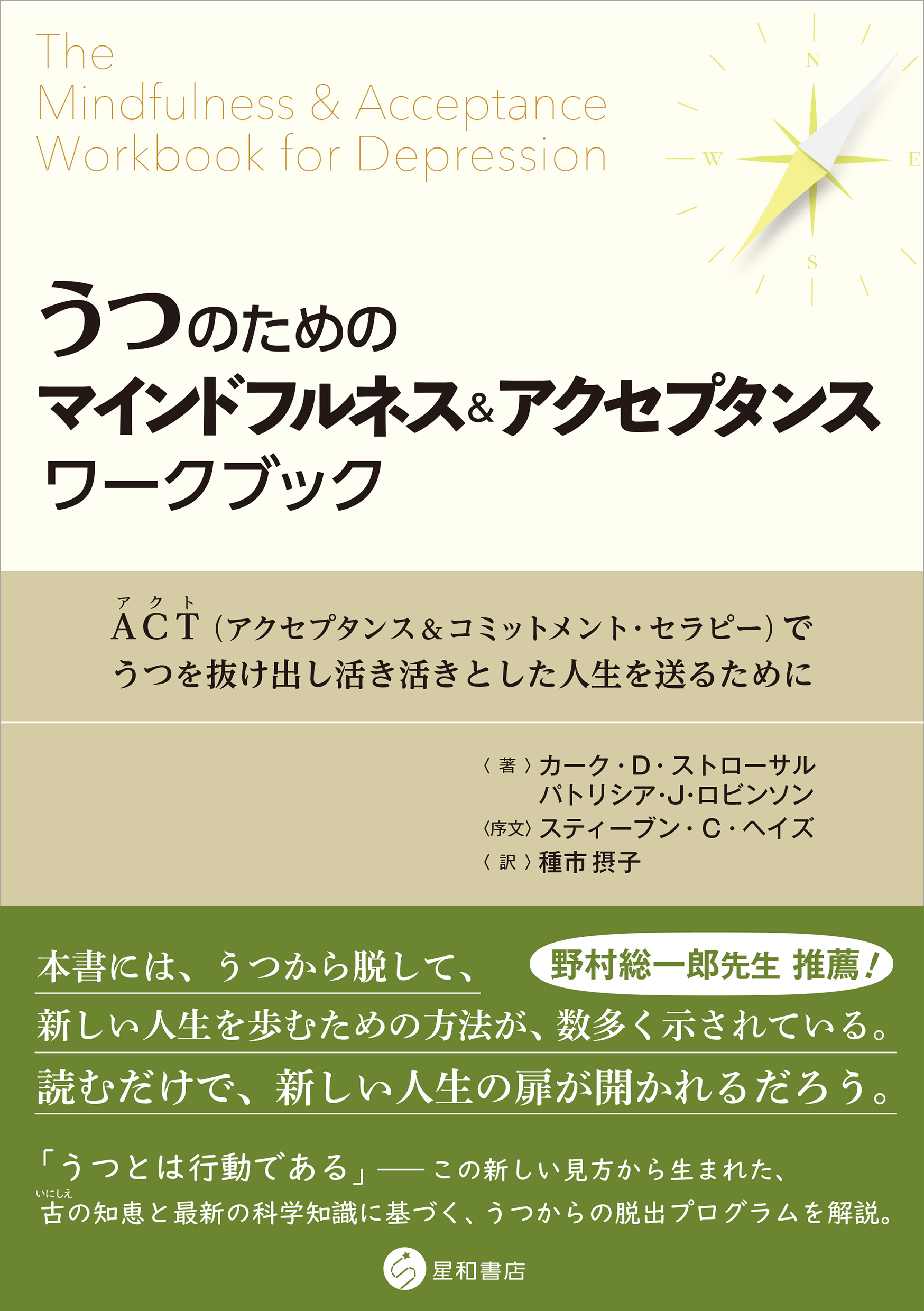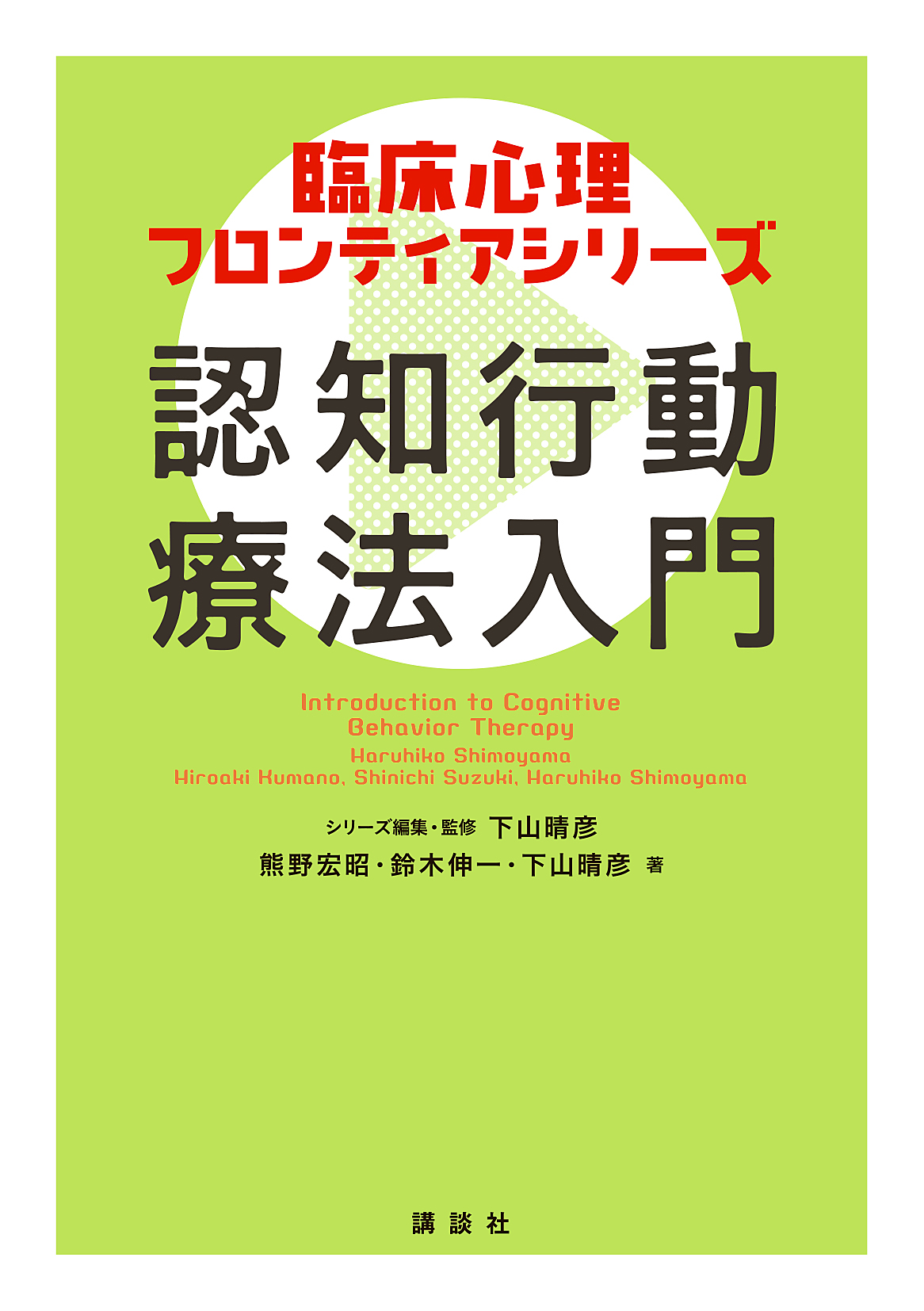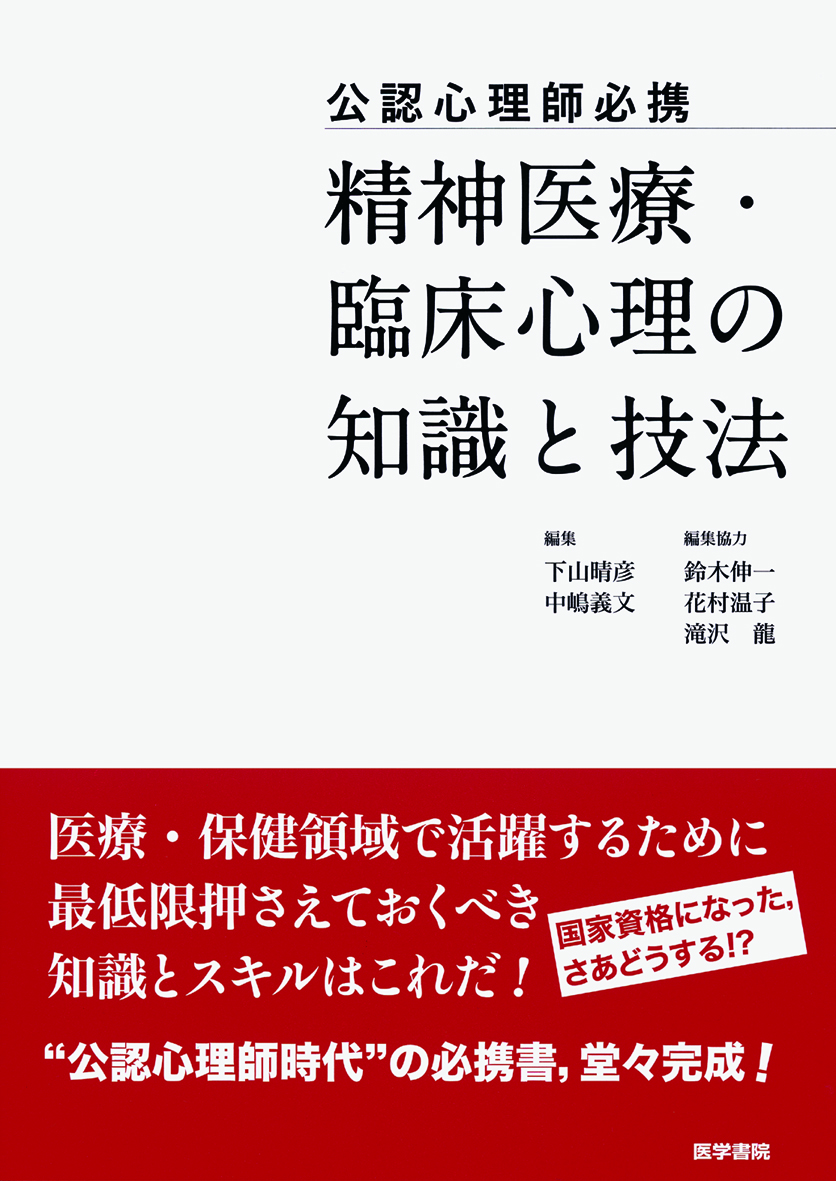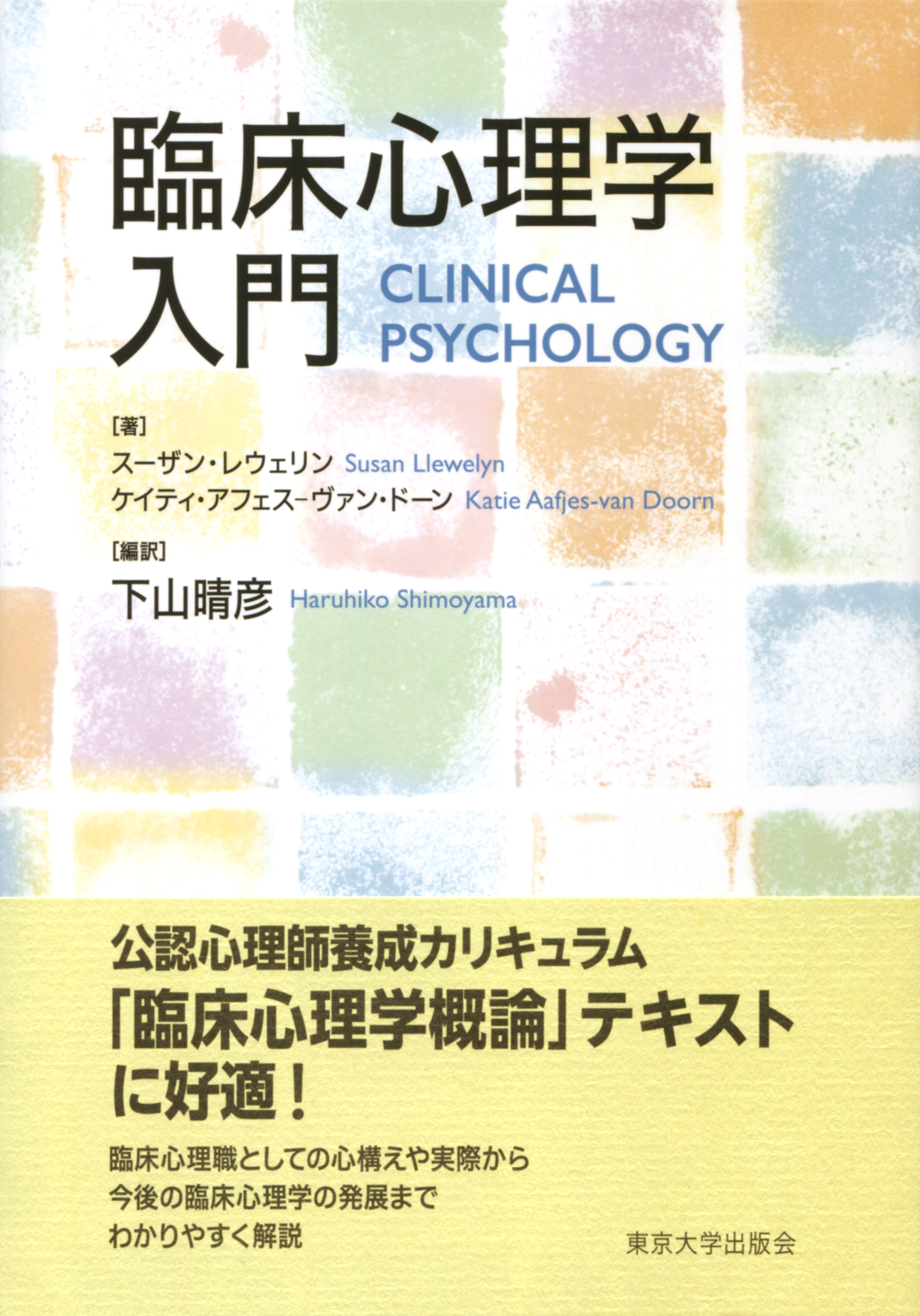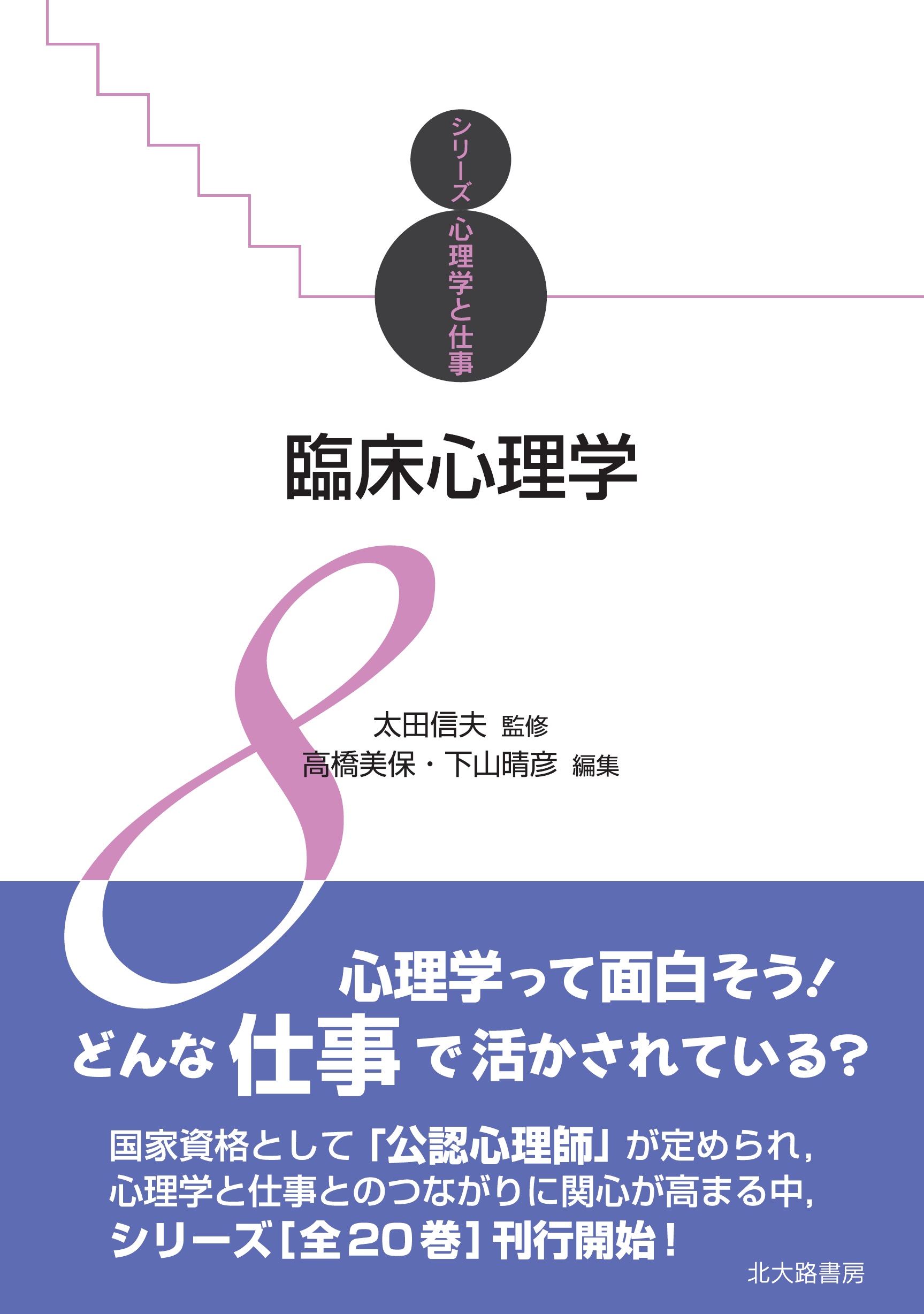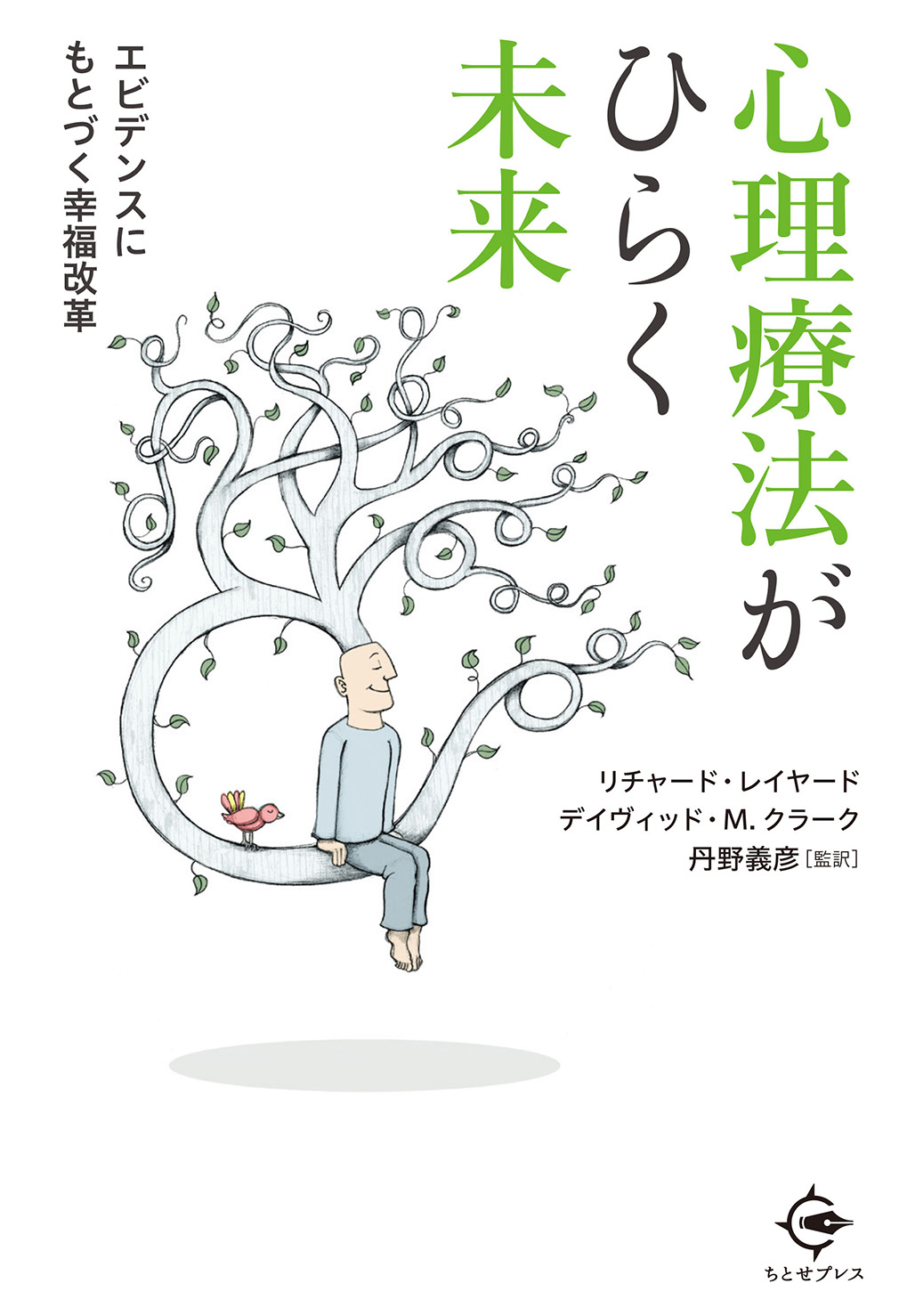
Title
Shinri Ryoho ga Hiraku Mirai (Opening Up the Future with Psychological Therapy: Evidence-based Policy of Happiness)
Size
384 pages, 127x188mm, softcover
Language
Japanese
Released
July 31, 2017
ISBN
978-4-908736-05-6
Published by
Chitose Press
Book Info
See Book Availability at Library
Japanese Page
This book is an account of a governmental policy in the UK, the Improving Access to Psychological Therapies (IAPT) initiative implemented from 2008, whose advocates were the authors Richard Layard and David M. Clark. Layard is a labor economist at the London School of Economics and Clark is a psychologist at the University of Oxford.
Depression and anxiety disorder are dampening the happiness of the national population of the UK, economic loss amounting to billions of pounds. Despite scientific evidence to show that “cognitive behavioral therapy is effective for depression and anxiety disorder,” people do not have ready access to psychological therapies due to a shortage of therapists. IAPT was drafted and enforced by the Labour government at the time, aiming to make psychotherapy available to the general population. The government spent 500 million pounds (80 billion yen) to train 5000 therapists over 5 years. As a result, 380,000 people received treatments between 2008 and 2013, and 46% of them recovered from their conditions.
IAPT brings plenty of surprises from the viewpoint of psychology practiced in Japan. No one even imagined before that depression and anxiety disorder could be treated with psychotherapy. Many people perhaps consider it as devoid of scientific evidence, much like the arts, culture, and religious beliefs. And yet, the United Kingdom, a leading nation of science, enforced psychological therapy on a national scale.
Psychotherapy as a practice is not simply dispensing drugs; it requires therapist training that demands significant investments of time and money. In this sense, psychological therapy was a “luxury,” item only rich people could afford. Amidst its financial struggles, which at one time was called “British sickness,” Britain surprisingly managed to spend 80 billion yen on it. More surprisingly, this government initiative anticipates reducing government spending. How on earth can this be done?
It is also surprising that they managed to train 5000 therapists in five years. Will policies such as IAPT be workable outside the UK (for example, in Japan)?
The book provides answers to many of these puzzles and questions.
The translation supervisor is a specialist in basic theories of clinical psychology and policy studies and a long-standing proponent of the view that psychotherapy should be evidence-based. The original publication convinced me that IAPT policy was more essential for Japan than for any other nation, and the idea prompted me to translate the book. Since the government implemented the certified psychologist system, a national qualification, in September 2017, I strongly hope that such certified practitioners will provide the psychological therapies described in this book (especially cognitive behavioral therapy), and the general public will be able to enjoy their benefits for free.
(Written by TANNO Yoshihiko, Professor, Graduate School of Arts and Sciences / 2018)



 Find a book
Find a book



